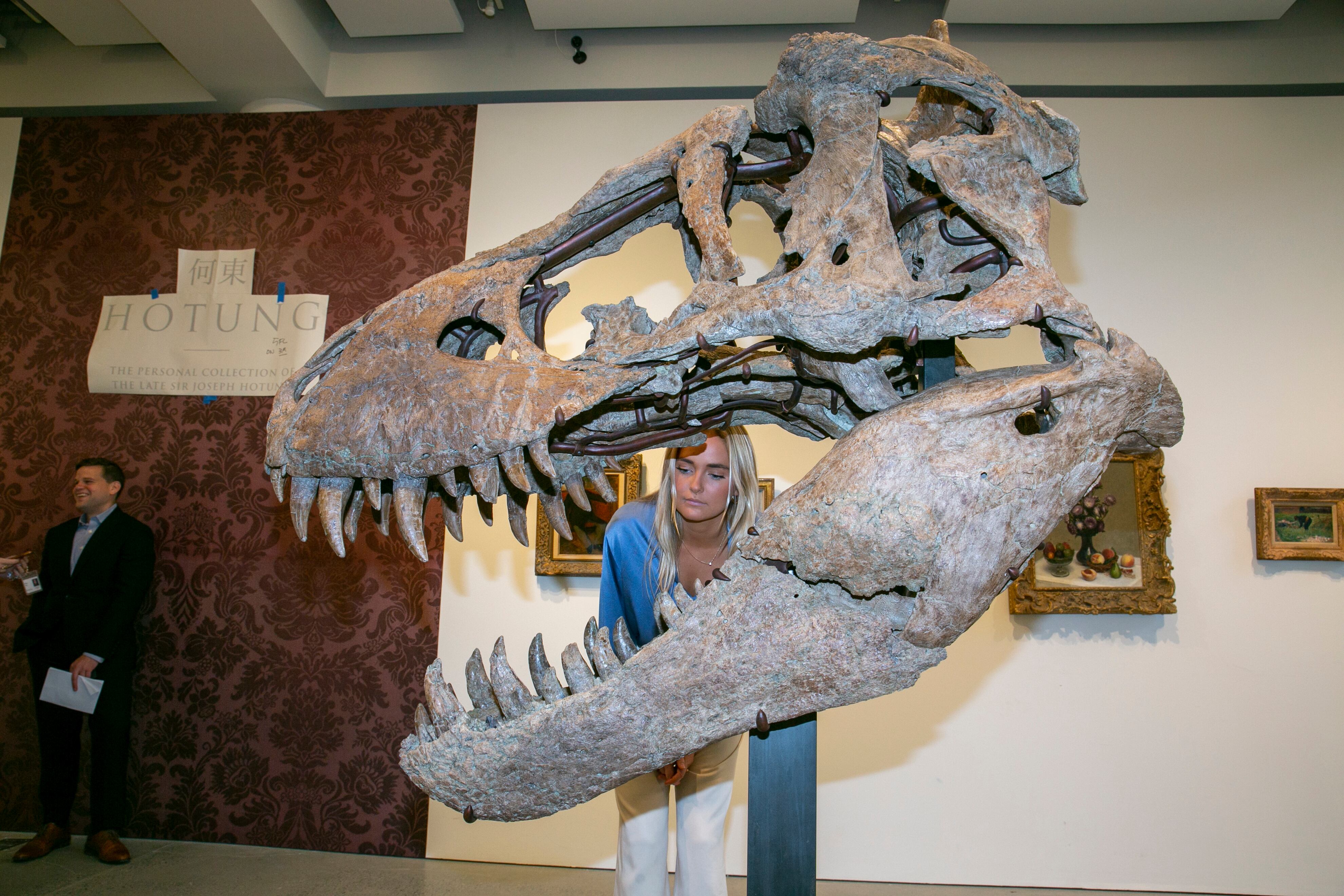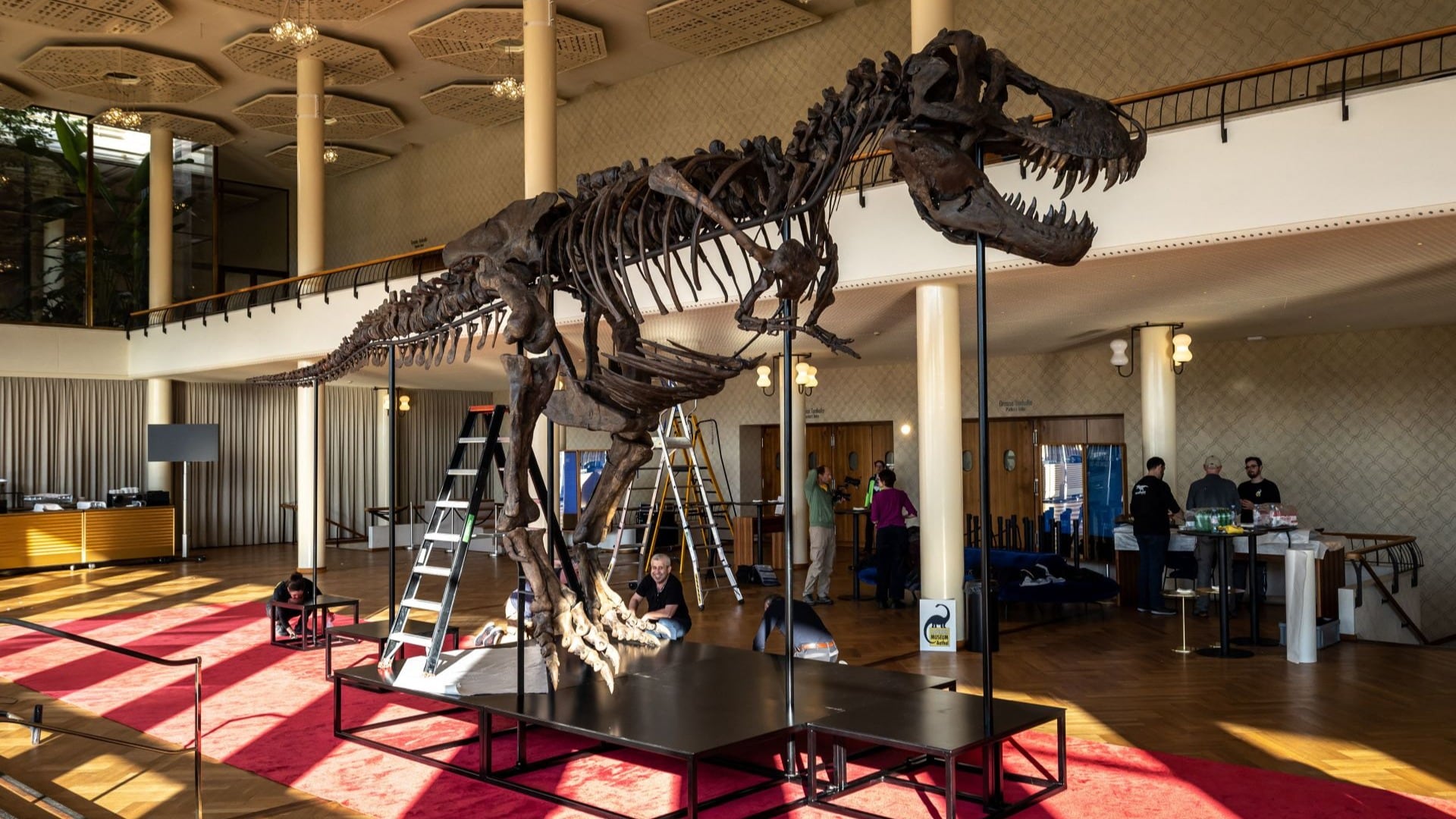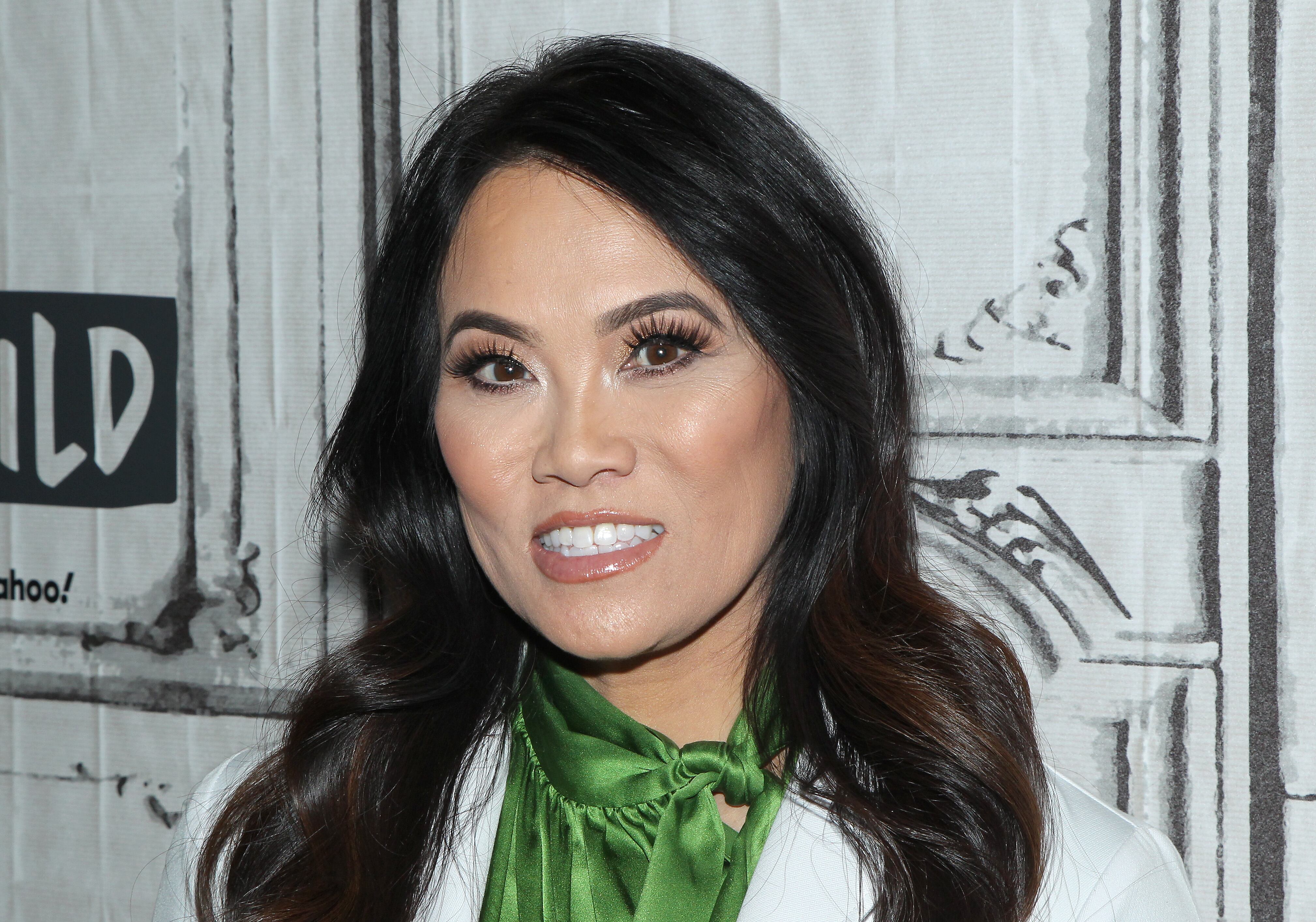HIV and AIDS have long had a disproportionate impact on the Black community. In recognition of that stark reality, the U.S. government marked February 7 as National Black HIV/AIDS Awareness Day.
Cheddar News anchor Shannon LaNier spoke with Jessica Shepherd, the chief medical officer at Verywell, a health information website, about the disease's continued impact on Black people, who she said are eight times more likely to be diagnosed than white people.
The challenge in addressing this inequality is stigma, which has historically discouraged people from seeking care.
Shepherd explained that better health care options have helped lift some of that stigma, but it remains an issue for certain disadvantaged groups.
Overcoming the disease's connection with sexual intercourse is another way to help people become more open about the disease and seek the proper care, she added.
"When you think of something that's sexually transmitted, even though you do have [intravenous drug] transmission, you think of something that is bad," she said. "So the person gets a bad label no matter how they acquire the disease."
Better health care in general has helped combat this perception, as HIV/AIDS is no longer a death sentence but rather something people can live with. "You see people well into their sixth or seventh decade having HIV and living very healthy lives," she said.
Roughly 25% of people in the U.S. live with air pollution that could shorten their lives, according to a report from the American Lung Association.
Earth Day is in just a few days, and Shelley Rogers, who coordinates a fashion initiative for Earthday.org, stopped by the Cheddar News studios to showcase some clothing options for environmentally-conscious shoppers.
Earth Day is in just a few days, and Shelley Rogers, who coordinates a fashion initiative for Earthday.org, stopped by the Cheddar News studios to showcase some clothing options for environmentally-conscious shoppers.
How Salt Caves Can Boost Health and Wellness
A T-Rex skeleton that was assembled from nearly 300 bones dug up in the U.S. was sold at an auction in Zurich, Switzerland for over $5 million.
How Incorporating Resistance Bands Can Diversify Workout Sessions
A giant Tyrannosaurus rex skeleton that’s been dug up from three sites in the United States is going up for auction in Zurich. It's a first sale of its kind in Europe.
As the inaugural guest on Cheddar News' new show Be Well, Dr. Sandra Lee, also known as Dr. Pimple Popper, discussed when (and when not) to pop a pimple and how to take care of your skin and keep an eye out for signs of more dangerous issues such as cancer.
Moderna and Merck & Co. have developed a cancer vaccine that cuts the risk of death or recurrence of most deadly skin cancer by 44 percent compared to Keytruda on its own, according to researchers.
The company got the OK on Friday from the Federal Aviation Administration. CEO Elon Musk is giving 50-50 odds of Starship reaching orbit.











